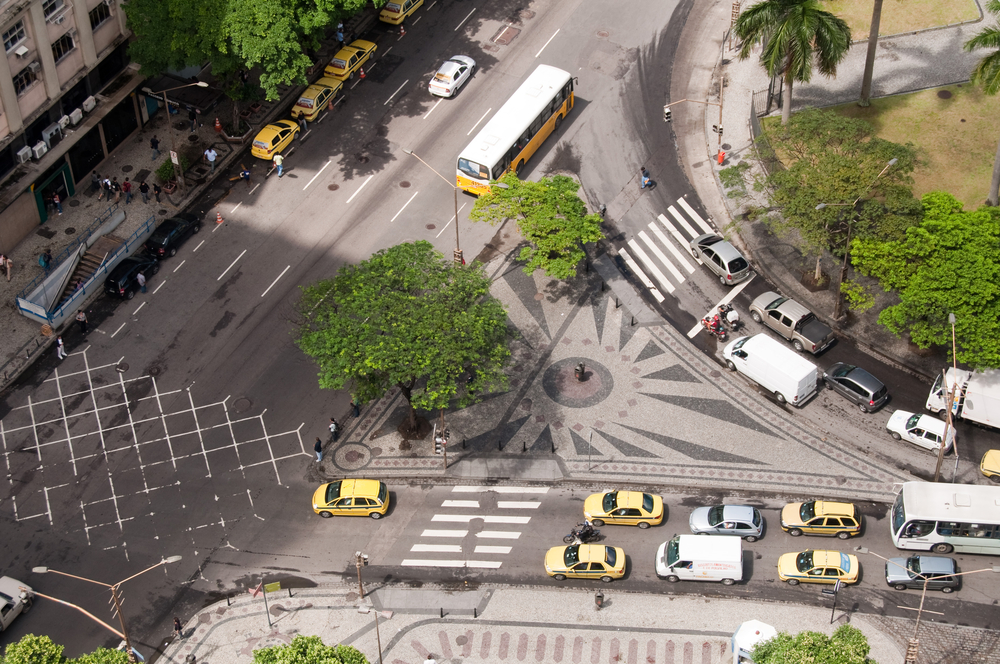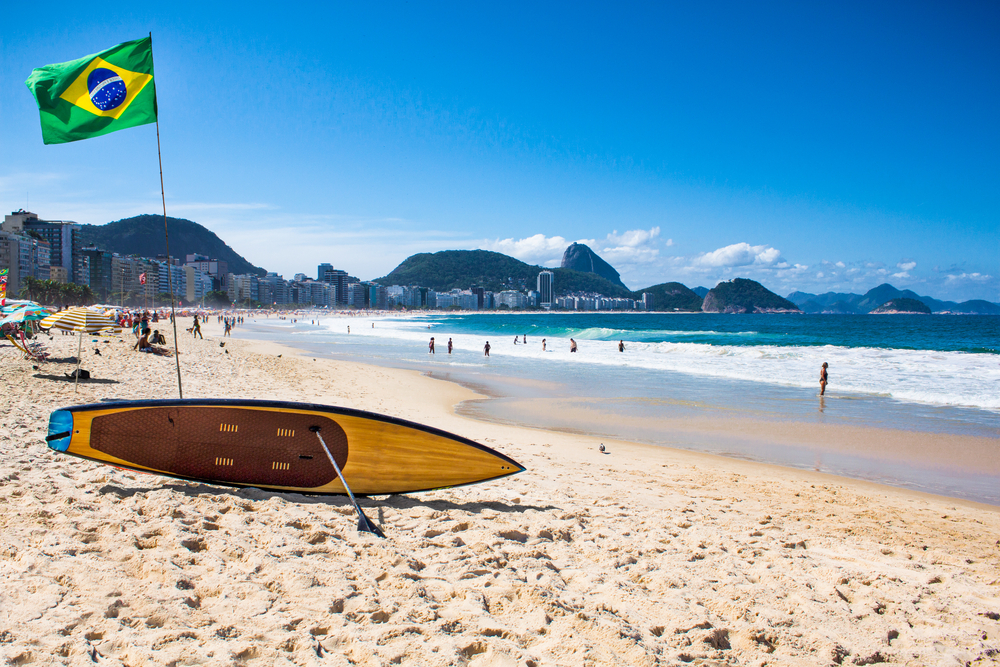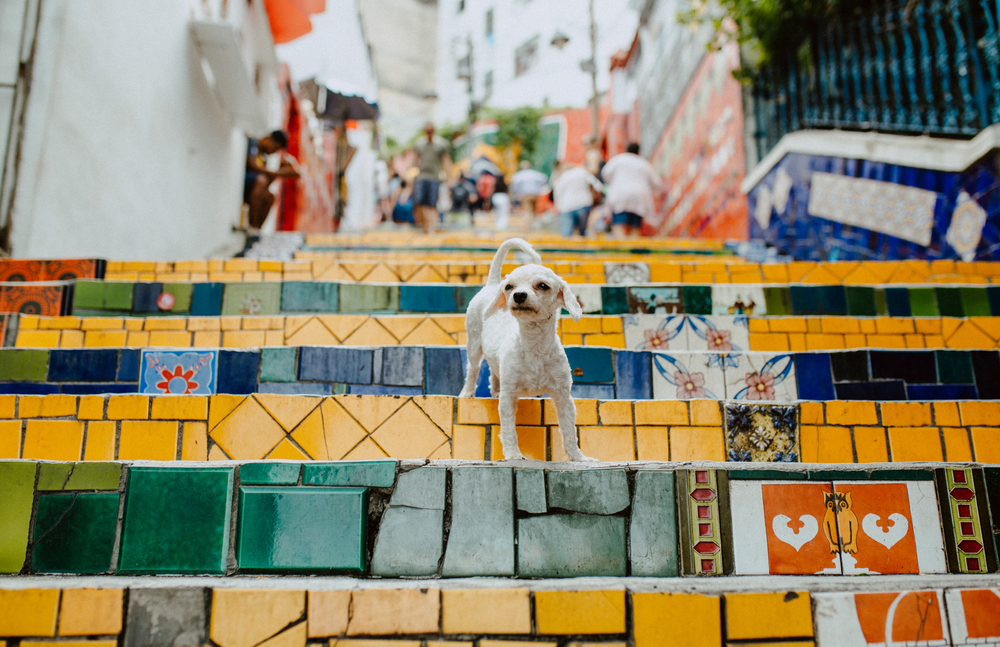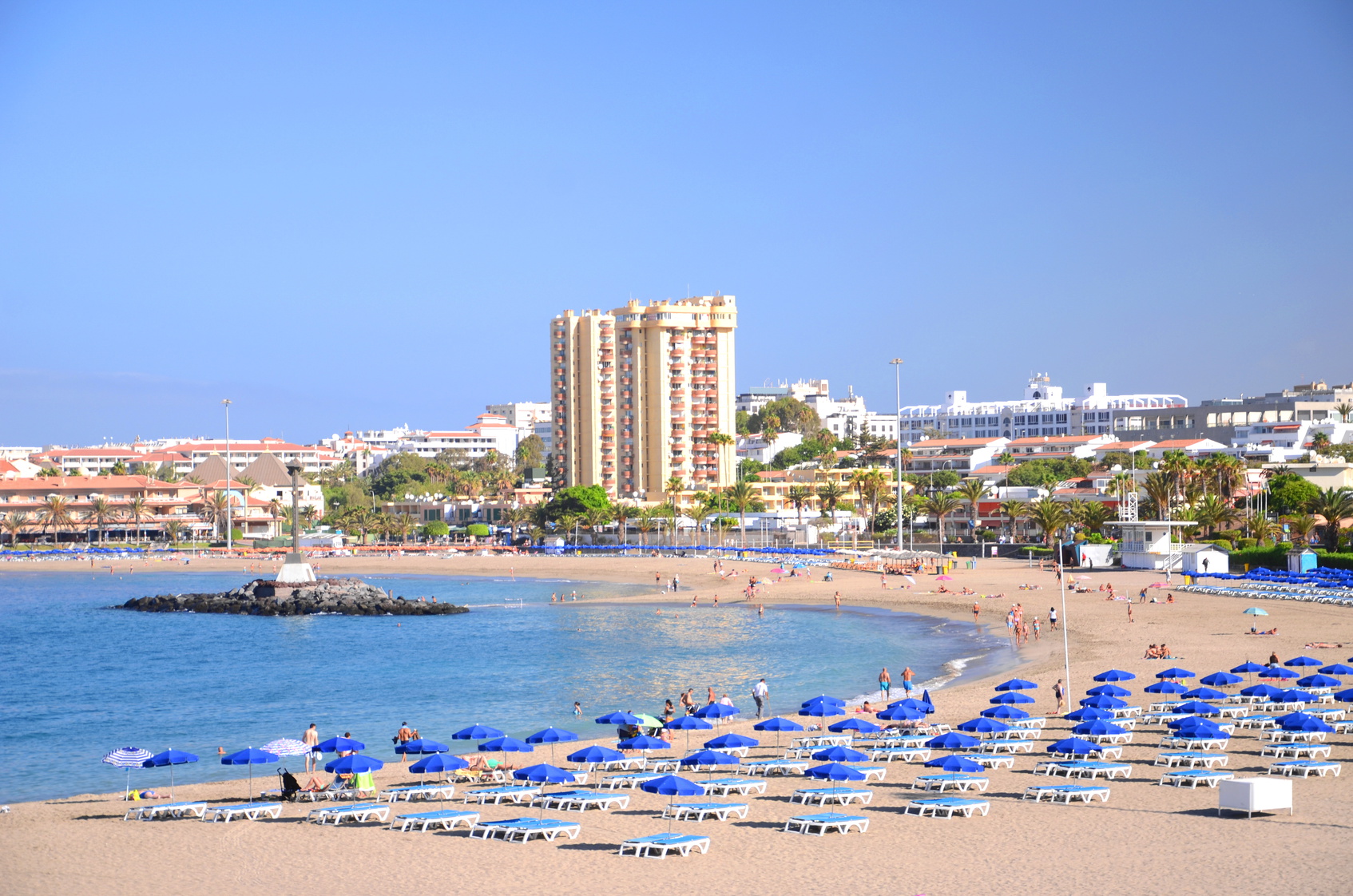Whilst the vast majority of tourists to Rio de Janeiro are unaffected by the city’s well publicised crime rate, others aren’t so fortunate. The key to enjoying a safe visit to Rio is to stay alert and exercise the same common sense that you would when visiting any other major world city. Most incidents involving tourists are petty crime such as pickpocketing or the theft of personal belongings from the beach, however, there is always a risk of more violent crime if you find yourself in the wrong place at the wrong time.
When you’re out and about in Rio you should avoid any displays of wealth. Wear a vest, shorts and flip-flops like everyone else, hide your camera in a pocket and only carry a small amount of cash with you. Any valuable such as watches, jewellery, phones, passports and credit cards are best left in your hotel safe. To minimise your risk of becoming a victim of street crime you should heed the following advice which will help you to enjoy a safe visit to this amazing city:
Book a Private Airport Transfer Before Flying to Rio de Janeiro
Your safety precautions should begin even before you fly to Brazil by arranging how you are going to travel from the city’s Galeão International Airport to your hotel. On arrival you can take what is advertised as a fixed-price taxi into the city. Unfortunately, many taxi drivers leave the meter running and take a long route to your destination so the final price is more than is advertised in the airport. Another scam is for taxi drivers to quickly switch your note for one of lesser value or for a fake note so that they can get more money out of you. For new arrivals this is the kind of hassle that you really could do without.
For that reason we strongly recommend that you pre-book an airport transfer from Rio de Janeiro Airport and have a vehicle and driver awaiting you on arrival. This ensures a safe journey into the city with no worries about what route is taken or how much you’ll be charged on arrival.
During your transfer into the city be sure to place your main luggage in the boot (trunk) of the car, lock your door and keep any small bags and valuables out of sight. Make sure that your car window is up when you are in a traffic jam.
Stay in a Hotel in the Zona Sul District
Rio de Janeiro is divided into a number of different neighbourhoods so it’s important to do your research in advance when deciding where to book your accommodation. Undoubtedly the safest place to stay is the Southern Zone (Zona Sul) which includes Copacabana, Ipanema, Leblon, Flamengo and Botafogo. Of these we’d recommend Ipanema and Leblon as they are a little more relaxed than the better-known Copacabana but are home to some excellent hotels, restaurants and beaches. In addition, their public transport allows for easy access to the city’s main tourist attractions. By day all these southern districts are reasonably safe but after dark their beaches and inner streets become much more dangerous so it pays avoid walking around at night no matter where you’re staying.
Travel by Metro, Taxi or Uber at Night
Rio de Janeiro’s metro system operates from 5am until midnight (11pm on Sundays) and is generally considered to be a safe way to get around. Its southern terminus is at General Osório Station on Line 1 (Orange) in Ipanema which provides access to the tourist areas of the Zona Sul and the downtown Central Business District. City buses are not safe after dark and should be avoided. The safest way to get around at night is by means of licensed taxis which are easily recognisable – they are yellow with a blue stripe and red number plates. Taxis can be flagged down on the street or hired from any number of taxi stands, however, it’s a good idea to download a taxi app to your phone. The most popular ones include EasyTaxi, 99Taxis, Uber and Cabify which allow you to confirm your destination at a set-price before the taxi picks you up. Journeys are also monitored by the app provider which gives passengers an extra layer of security.
Be Very Careful at the Beach During the Day and at Night
Copacabana Beach is one of the world’s most famous beaches which attracts thousands of overseas visitors every year. The presence of tourists at this major attraction and its neighbouring districts proves a magnet for petty criminals. These light-fingered characters make their living by stealing bags from the beach and its adjoining cafés. Tourists should never leave their bag unattended and should secure bags under their chair-leg in cafés and restaurants. Many of these professional thieves work in groups and are masters of distraction so be very aware if someone suddenly becomes overly friendly or tells you that you’ve got a stain on your shirt. These are sure signs that you’ve been targeted so you need to be extra careful. The best solution to stay safe during the day is to simply carry just enough cash for basic refreshments and leave all your expensive items at the hotel. After dark the beaches become a whole lot more dangerous and should be avoided at all costs.
Do Not Be in the Wrong Neighbourhood at the Wrong Time
As a rule the beaches of Zona Sul and the city’s main attractions such as Christ the Redeemer and Sugarloaf Mountain are safe places to visit during the day. The city’s Central Business District (Centro) which is home to a number of historic buildings is also fine as is the nearby Santa Teresa district. However, these are best avoided after dark. One of the city’s main attractions outside these neighbourhoods is the Maracanã Stadium which is located in the Zona Norte. Tourists visiting the stadium should be warned that this part of the city is home to some of the most dangerous favelas and there have been reports of violent muggings close to the stadium in recent times. Before visiting the stadium you should check on current travel advice with your hotel and maybe go there on an organised tour. After dark the Zona Norte is very much a no-go area for tourists.
Avoid Taking One of the Favela Tours Promoted by Local Agencies
Approximately 1.5 million people live in the slums and shanty towns of Rio de Janeiro accounting for around a quarter of the city’s total population. Many of these favelas are dangerous places ruled by drug gangs where the regular police force has little control. A number of tourists have been shot after inadvertently entering favelas after being directed there by their hire-car’s GPS system. Tourists should under no circumstances decide to visit favelas independently and even organised tours cannot be recommended. Until fairly recently Rocinha was considered to be one of the city’s safest favelas which attracted frequent visits from tour groups. However, the authorities have lost control to the violent drug gangs and the district is no longer considered safe. Check with local authorities in Rio before booking any such trips or better still, stay away.
Be Vigilant When Using Credit Cards and ATM Machines
Whilst carrying a lot of cash around is not recommended, it’s also the best way of spending whilst you’re in Rio. If you are paying by credit card in a café or restaurant never let the card out of your sight. It’s an all too common scam to take your card away from the table then charge multiple payments before returning it to the customer. In addition, you should be very careful when using ATM machines as some machines have been set up to clone your card. For this reason you are strongly advised to avoid stand-alone machines and to only use ATMs inside banks and hotels. You should also avoid using ATMs at night and in isolated locations as there have been many cases of what are known as ‘express kidnappings’. This involves kidnapping the user of an ATM and driving them around numerous cash machines until they’ve emptied their account.
Do Not Leave Your Drink Unattended in a Bar
And finally, if you think you’ve met the perfect man or woman in a bar you should be well aware that it’s probably the Caipirinha that’s talking! There have been many stories of tourists being slipped a Mickey Finn, or as it’s known in Rio, a ‘Boa Noite Cinderela’ (Good Night Cinderella). This is a scam which involves putting a sleeping drug in the drink of a victim before robbing them either in the bar itself or back in a hotel room. The simple solution here is to never leave your drink unattended and never accept a drink from a stranger.
About Shuttle Direct
Shuttle Direct is one of the world’s most established and respected airport transfer providers. Our services are available throughout Europe as well as in North Africa, the Middle East, Southeast Asia and South America. Our friendly local drivers will ensure your safe, economical and convenient passage to and from the airport, cruise terminal or major train station of your choice with a minimum of fuss. Book your transfer with our easy to use online booking system and leave the rest up to us!








